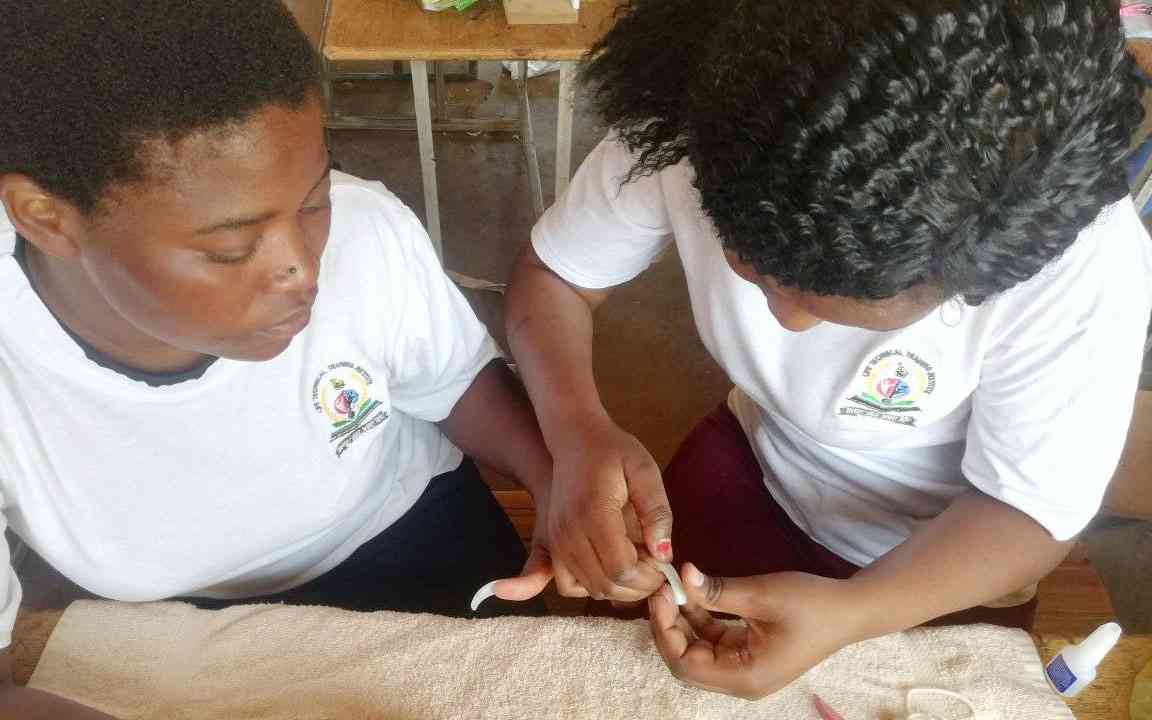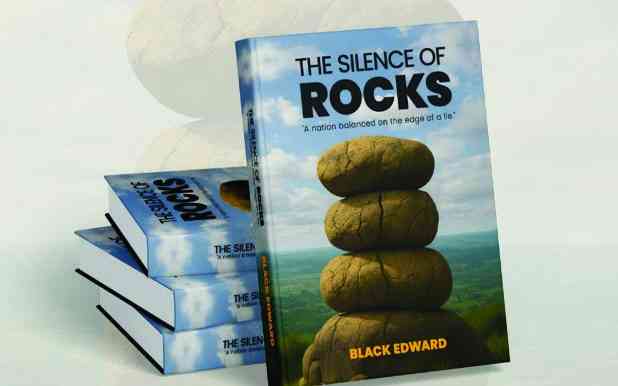
Music is a symbol of connecting people and their values based on shared experiences. It is an important component of society as a means by which certain groups of people define themselves and their relationship to the rest of the world.
As we begin the year 2024, let us look at the world of music and make an impression on how it has affected us all since 1980. If you will recall, it was in 1980 when Zimbabwe achieved independence from colonial rule. It was also in 1980 when Robert Nesta Marley came to celebrate our independence with us. He remains an iconic figure in our minds.
I can’t wait to watch the biopic Bob Marley’s One Love film which will be released next month featuring actors Kingsley Ben Adir as Bob Marley, Lashana Lynch as Rita Marley, Umi Myers as Cindy Breakspeare and James Norton as Chris Blackwell. I am told it will hit theatres on Valentines’ Day on the 14th February, 2024
Bob Marley had a great influence on Zimbabwean music since 1980. He impacted Zimbabwean society through his music. Many bands emulated his songs and sounds from then onwards. Some groups like Transit Crew, Mannex Motsi and the Reggaestras, King Isaac and House of Stone are still stuck on the Roots-Reggae genre.
The innovative Zimdancehall genre with its roots from Jamaican reggae is also influenced by the works of Bob Marley and his generation.
From its ancient roots to the contemporary sounds of today, music in Zimbabwe continues to be a vital part of the nation’s identity, connecting people across generations and borders, carrying echoes of the past and the hopes of the future.
One way musicians impact society is through the lyrics and themes of their songs. They often use music to express their personal experiences or shed light on social issues such as racism, poverty, inequality and war.
Their lyrics inspired and spurred the masses and guerillas to achieve independence in 1980. At independence, it was the year which was dominated by musicians hailing from a bygone era, who managed to carve out some big successes after 1980, the likes of Thomas Mapfumo, Oliver Mtukudzi, Zexie Manatsa and Comrade Chinx. It all began in 1980 when the late Bob Marley visited Zimbabwe to perform at Zimbabwe’s Independence Day celebrations. Since then, music has been used to spice up independence celebrations.
- Edutainment mix: The mbira in the cosmos of development
- Mandebvu death: Details emerge
- Mukadota ‘exploited’ me: Mai Rwizi
- Burna Boy, Whizkid and Davido putting afro beats on the world map
Keep Reading
Forty four years on, after Zimbabwe gained independence, a new breed of musicians are doing the same, to entertain the majority of Zimbabweans through different genres of music such as Sungura, Chimurenga and Zimdancehall.
The latter category which has mainly modern artistes who include Winky D, Jusa Dementor, Seh Calaz, Tocky Vibes, Killer T, Enzo Ishall, Jah master, Bazooker, Jah Signal, Uncle Epaton, Ninja Lipsy, Lady Squanda, Freeman, Nutty O, Shinsoman, Sniper Storm, Ras Caleb, Bounty Lisa and Ricky Fire plus many more who were born after 1980, cannot deny that their music has a bearing on Bob Marley’s philosophy and rhythm.
Before independence, local musicians were among the most critical, highlighting and commenting on the injustices that prevailed. Musicians and their compositions played a vital role during Zimbabwe’s liberation war, greatly influencing its outcome.
Before Zimbabwe gained its independence in 1980, musicians fought through their art, persuading, strengthening and encouraging people to continue the struggle. Thomas Mapfumo provided information on the hardships being faced by the black majority in the rural areas and the dedication of young men and women fighting in the bushes.
Thomas ‘Mukanya’ (as he is often referred to) Mapfumo is one musician who fought through the medium of music. He vigorously urged the sons and daughters of Zimbabwe to leave their homes and fight the Rhodesians for independence. Throughout the Rhodesian era, musicians played ‘cat and mouse’ games with the colonial government.Mukanya did not ‘retreat’ or stop composing songs that angered the Rhodesians, but gave hope and encouraged the black majority.
His lyrics reflected the concerns of the people, their aspirations and hopes. Mapfumo’s music was food for the souls of the black majority who desperately wanted freedom.Pidigori Waenda, Chimurenga For Justice, Hondo, Zimbabwe Yevatema, Ndinofarira Zimbabwe, Vanhu Vatema, Tumira Vana Kuhondo and Pemberai, are some of the songs that celebrated black majority’s power.
In 1979, the dreadlocked musician, Thomas Mapfumo, was briefly jailed and the Rhodesians tried to manipulate the artiste to denounce the war. He was defiant and this failed.However, the coming of independence on April 18, 1980 brought change in Zimbabwe’s music industry..
Before 1980, other popular Zimbabwean musicians like Oliver ‘Tuku’ Mtukudzi, Chinx Chingaira and Zexie Manatsa led the struggle on the music front. The Rhodesians tried to intimidate and silence the musicians, but they failed.
They were incapacitated by their failure to fully grasp the nuances of the lyrics. The legendary Mtukudzi sang his heart out for people who protested against the Ian Smith regime. He did not cower in the face of the Rhodesians’ intimidation.
Through clever use of language, Tuku subtly attacked the Rhodesians. Independence also saw the birth of music legends like Leonard Dembo and John Chibadura while the late James Chimombe, Marshall Munhumumwe and Solomon Skuza were already veterans before independence. It is now 44 years since Zimbabwe gained its independence and both adults and youths are enjoying music being composed by various artistes.
It might be music reflecting on the liberation struggle or about social issues affecting Zimbabweans, but music still plays a very important role in people’s lives. Music, as a cultural right, may aid in the promotion and protection of other human rights. It can help in the healing process, dismantling walls and boundaries, reconciliation, and education. Around the world, music is being used as a vehicle for social change and bringing communities together. This year there has already been several songs released against Israel’s war on Gaza.
Music has come a long way. It has been used as a healing force for centuries.
Apollo is the ancient Greek god of music and medicine. Aesculapius was said to cure diseases of the mind by using song and music, and music therapy was used in Egyptian temples. Plato said that music affected the emotions and could influence the character of an individual. Greek philosophers discovered the role of music from centuries ago. However since 1980, most Zimbabwean musicians felt the need to express themselves freely, without fear.
Feedback: [email protected]











